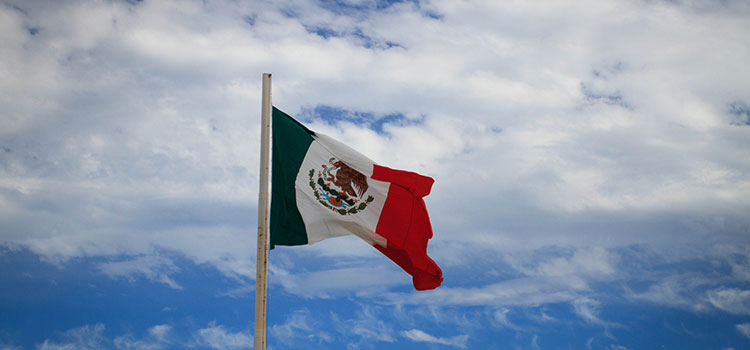The Mexican Supreme Court delivered an argument Wednesday stating that individuals should be allowed to grow, distribute, and use marijuana personally.
The ruling does not change any laws, but it creates a legal base on which lawmakers might be able to do so. The argument made by the court highlights a growing frustration with the War on Drugs and prohibition in Latin America, which has done little to end the flow of drugs to the United States or the violence it creates.
Some, such as Colombian President Juan Manuel Santos, have noted the incongruity of imposing prohibition on Latin American countries while at the same time marijuana legalization spreads across the United States.
“We are killing ourselves to stop the production of something that is heading to the U.S., where it’s legal,” said Armando Santacruz, one of the plaintiffs in the marijuana case.
John Walsh, who works with human rights group the Washington Office on Latin America, stated that “every country in the world signed up to a treaty that prescribed a prohibitionist and criminalized approach to dealing with drugs that was one-sided. That basic response doesn’t work anymore.”
As long as marijuana remains illegal in most of the United States, it’s unlikely that legalizing it in Mexico would do much to put a dent in drug cartel profits or reduce violence. But if demand for and supply of legal, American-grown cannabis continues to grow, the cartels might eventually be shut out of the market.
“In the long run, as the U.S. legalizes marijuana, Mexico is going to have a tough time competing with lawful American suppliers,” said Walsh. “That doesn’t mean they won’t have a business plan, it’s just that marijuana will be removed from it.”
Mexican President Enrique Peña Nieto said that although he respects the court’s decision, his government, as well as health and security officials, oppose legalization.
Source:
http://www.nytimes.com/2015/11/05/world/americas/mexico-supreme-court-marijuana-ruling
Photo Credit: Gary J. Wood
